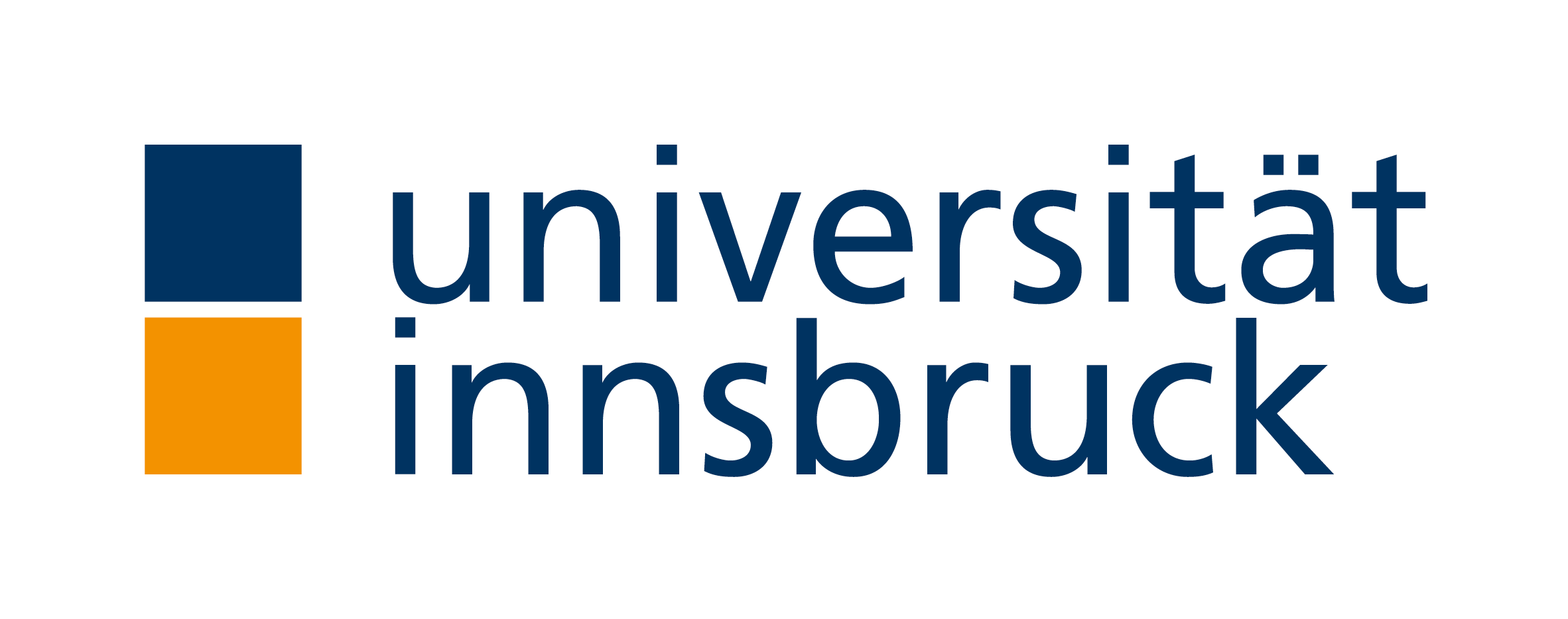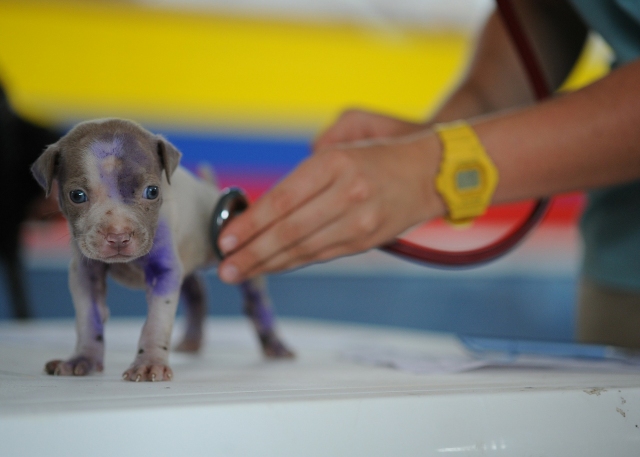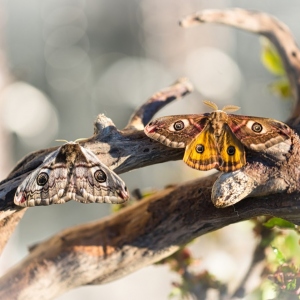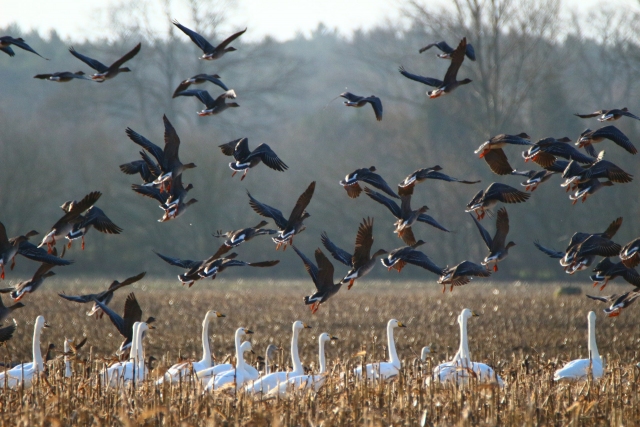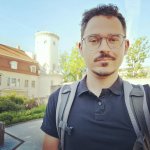
Daniel Dörler
FWF
The Austrian Science Fund FWF (Fonds zur Förderung der wissenschaftlichen Forschung) is Austria's central institution for the promotion of basic research. The FWF aims at the progression of science at a high international level. It contributes to cultural development, to the expansion of the knowledge-based society and thus to the increase of added value and prosperity in Austria.
The objectives of the FWF are:
- Strengthening Austria's scientific performance in international contexts and its attractiveness as a science hub, above all by promoting top-level research by individuals or teams, but also by contributing to improving the competitiveness of research institutions and the Austrian science system.
- Qualitative and quantitative expansion of the research potential according to the principle "education through research".
- Increased communication and expansion of the interactions between science and all other areas of cultural, economic and social life, whereby the acceptance of science in particular is to be consolidated by systematic public relations work.
It was not self-evident that the FWF would become a partner for the Citizen Science Network Austria. That is why we are all the more pleased that in the FWF we have not only gained a partner with an outstanding national and international reputation, but also an active member who is involved in working groups and thus helps to create the basis for excellent research in the field of citizen science in Austria. We would like to express our sincere thanks for the support in the past years and hope for continued excellent cooperation in the future.
![]()
Medical University Vienna
The Medical University of Vienna (short: MedUni Vienna) is one of the most long-established medical training and research institutions in Europe. With around 8,000 students it is today the largest medical training institution in the German-speaking countries. With its 26 university clinics and three clinical institutes, 12 medical theory centres and numerous highly specialised laboratories, it is also one of the most important top research institutions in Europe in the biomedical field.
As one of the most innovative medical universities in Europe, MedUni Vienna is constantly working to attract the best minds to advance medical research, teach future-oriented knowledge and ensure the best possible and most advanced treatment for patients.
And MedUni Vienna also relies on citizen science in some of its projects, and is represented by two of them: the Pollen Diary and the Ragweed Finder. We are very pleased that this important institution in the German-speaking research area is also a member of the Citizen Science Network Austria and look forward to continued very constructive and pleasant cooperation.

Österreichisches Kuratorium für Landtechnik und Landentwicklung
The Österreichische Kuratorium für Landtechnik und Landentwicklung (ÖKL) is a non-profit association (founded in 1947), acting on behalf of the Federal Ministry for Sustainability and Tourism and sees itself as
- Platform for discussion, coordination and information for rural areas,
- Link between research, administration and practice,
- "Catalyst" for the implementation of new ideas and projects and as
- Liaison office to authorities, offices, ministries, universities, testing institutes etc.
The aims of the association are the promotion and further development of innovative production processes and application techniques in agriculture and the energy sector, the safeguarding and improvement of the economic efficiency and function of buildings (house and farm) in agricultural construction, the coordination between the requirements of modern agricultural techniques and the sustainable development of rural areas, the preservation of the cultural landscape in terms of regional land use planning, ecology and land development, the competitiveness and social quality on family farms and the transfer of information as a decision-making aid without detours to where it is needed (local authorities, farmers, advisers, experts).
Through this very practical work and through its commitment to citizen science with the Biodiversity Monitoring by Farmers, the ÖKL is a competent partner in the citizen science Network Austria and we are very pleased that the association supports the network with its expertise.

Institute of Advanced Studies
The Institut for Advanced Studies (IHS) is a non-university, highly visible and well-connected research centre in the economic and social sciences, which develops issues in dialogue with politics and science and provides both scientific and policy-relevant contributions. Its scientists work in an application-oriented manner on issues that are geared to current social challenges and anticipate future policy-relevant issues.
Private sector consultancies in particular do not have the opportunity or expertise to offer this independent research work at a high level. Conversely, university research cannot always provide the necessary bundling and interdisciplinary research that is needed. The IHS combines economic and social science disciplines under one roof and organises its research in thematically oriented, agile research units. It is a reliable, independent partner for politics and society and provides policy-relevant and scientifically sound expertise in selected longer-term topics.
Thus, the IHS has been active for a long time, especially in research on citizen science. We are therefore very pleased to have IHS as a very competent partner in this area of research in the Citizen Science Network Austria.

University of Veterinary Medicine Vienna
The University of Veterinary Medicine Vienna is the only veterinary, academic educational and research institution in Austria and at the same time the oldest in the German speaking countries (founded 1765 by Empress Maria Theresia). The University of Veterinary Medicine Vienna conducts research on topics that are important for society. It focuses on animal health as well as preventive veterinary medicine, public health and food safety. Research interests include the creation of scientific foundations for animal welfare, animal husbandry, animal protection and animal ethics.
The University of Veterinary Medicine Vienna has been represented on Österreich forscht for a long time now, and with the commitment of the project management in the various working groups, it has become a very important and valued partner in the Citizen Science Network Austria.

ICARUS
ICARUS is a non-profit association under Austrian law and consists of more than 160 archival and related institutions from more than 30 European countries, Canada and the USA. The ICARUS community is part of numerous international projects. Whether as lead partner or regular project partner, ICARUS always contributes its knowledge and experience in order to expand the range of archival expertise and to carry out each project successfully and optimally. ICARUS can offer a wide range of resources from the field of project-oriented, international cooperation and thus advise project partners on administrative and financial issues as well as on education and culture-related strategy development.
With the Topothek project, ICARUS is an important partner especially in the field of historical citizen science. ICARUS is also intensively involved in the work of the Citizen Science Network Austria. We are therefore very pleased to have this reliable and competent partner in our network.

WasserCluster Lunz
The WasserCluster Lunz is an inter-university centre for the research of water bodies. It is managed in cooperation of the University of Vienna, the University for Continuing Education Krems (Danube University Krems) and the University of Natural Resources and Life Sciences Vienna, and is funded by the Federal State of Lower Austria and the City of Vienna. Lakes, brooks, rivers, floodplains provide space for many living creatures and are of great importance not least for humans, whether in connection with clean drinking water, the water cycle, habitat for edible fish or simply as a recreational area. Particularly in times of climate change, we are facing major challenges with regard to water bodies, and science is needed to master them. The researchers of the WasserCluster Lunz are dedicated to the research of aquatic ecosystems, especially topics around diversity research, fish research, material cycles, water management and renaturation of water bodies are of special interest.
With Wasser schafft the WasserCluster Lunz was one of the first partners in the history of Austrian research and set standards as a venue of the second Austrian Citizen Science Conference. We are very pleased to have the WasserCluster Lunz on board of the Citizen Science Network Austria and are looking forward to the future cooperation!

Blühendes Österreich
The Blühendes Österreich Foundation was established by REWE International AG in May 2015. It is the first and leading non-profit private foundation for the protection and promotion of biodiversity in Austria. The core purpose of the foundation is to support owners and managers of valuable and endangered ecological areas such as meagre meadows, dry grassland, traditional orchards, moors and wetlands, hedges and raines or old tree populations in Austria. This is mainly done with partners from agriculture, nature and environmental protection organisations and science. In order to achieve a significant impact with the Biodiversity Programme, the programme is designed for the long term.
Support is given to producers of REWE but also to other private enterprises as well as nature, animal and environmental protection associations which also look after and manage valuable areas. With this approach, the Foundation Blühendes Österreich is on the one hand a considerable driving force for the protection of biodiversity and on the other hand a strong, trustworthy supporter and partner of nature and nature conservation associations. Furthermore, the Foundation supports projects that make a valuable and measurable contribution to the conservation of species and ecosystem diversity as well as to nature and environmental education.
In addition to these activities, Blühendes Österreich also runs a citizen science project, the Schmetterlinge Österreichs (Austria's butterflies), which aims to carry out a census of Austria's butterflies. With the help of committed citizens, some species have already been rediscovered in areas where they have not been described for many years.
All this makes Blühendes Österreich an important partner in the Citizen Science Network Austria and we are very happy to have the foundation as a competent supporter.
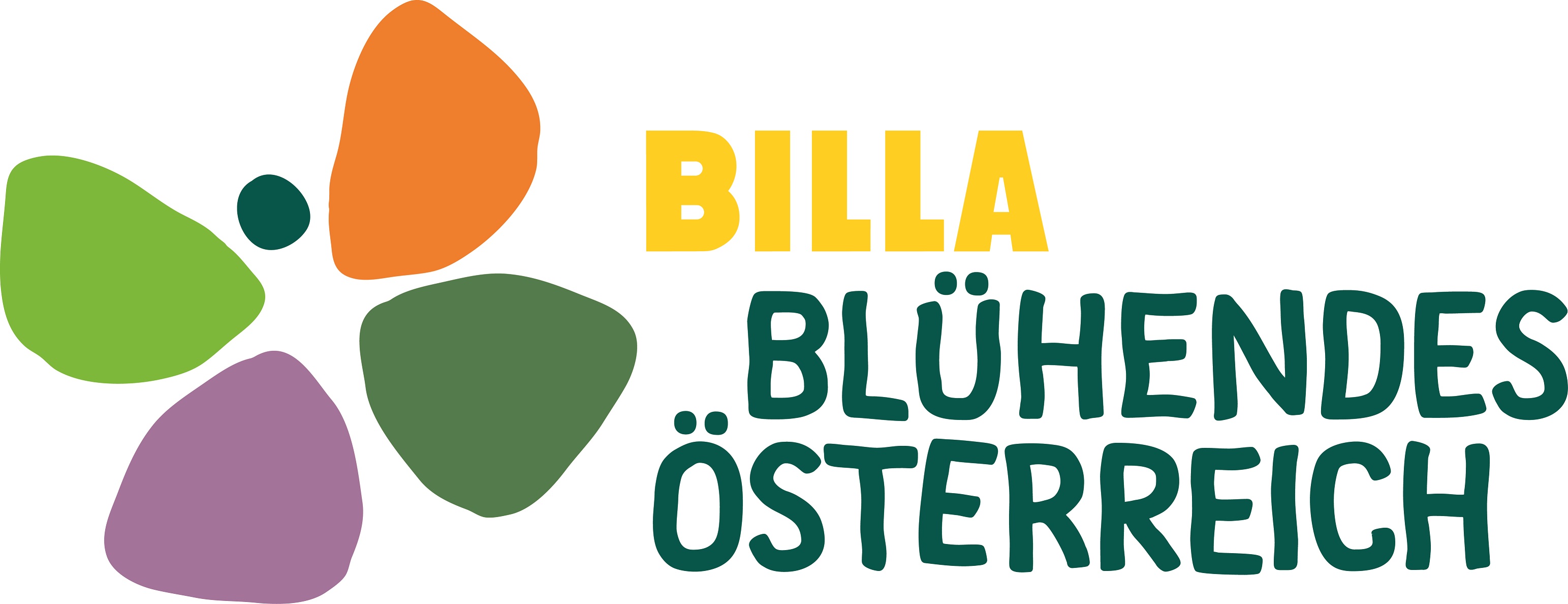
Birdlife Austria
BirdLife Österreich is the only nationally and internationally active bird conservation organisation in Austria. Since its foundation in 1953, BirdLife has been implementing scientifically sound nature and bird conservation projects to protect Austria's birdlife and its habitats. BirdLife is involved in four core areas:
- Species conservation
- Protected areas and habitats
- Sustainability
- Awareness raising
With BirdLife Austria, one of the first citizen science actors in Austria is also part of the Citizen Science Network Austria. Not only in Austria, but worldwide the so-called "Birder Community" is a prime example of successful citizen science. On Österreich forscht you can find numerous projects of BirdLife: ornitho.at, the waterbird census, the breeding bird monitoring, the breeding bird atlas and probably the best known, an hour of winter birds. We are therefore all the more pleased that BirdLife Austria is part of the network and that we can all benefit from the rich experience in involving citizens in scientific research.

University of Innsbruck
The Leopold-Franzens-Universität Innsbruck – founded in 1669 - is the largest university in western Austria. Located on a traditional north-south route connecting Europe, it is internationally oriented and regionally rooted.
Conscious of this tradition, it builds bridges to the future. Its strength lies in its ability to productively combine supposedly contradictory elements: globally oriented and regionally motivated research questions, self-confidently breaking with the familiar and carefully dealing with the tried and tested, making use of the freedom of science and at the same time dealing with it responsibly. In this balanced diversity, the University of Innsbruck acts from and in the middle of society. This is also reflected in its current research foci: These include Alpine Space - Man and Environment, Cultural Encounters - Cultural Conflicts, Molecular Biosciences as well as Physics and Scientific Computing. It makes the findings from its research available to society in order to initiate and further develop well-founded debates within and outside the scientific community.
Therefore, the University of Innsbruck is an ideal partner in the Citizen Science Network Austria, which is especially essential for citizen science projects in the Alpine region. This is also demonstrated by the fact that the University of Innsbruck hosted the Austrian Citizen Science Konferenz in June 2019. We are very pleased to have this motivated and competent partner in our network.
